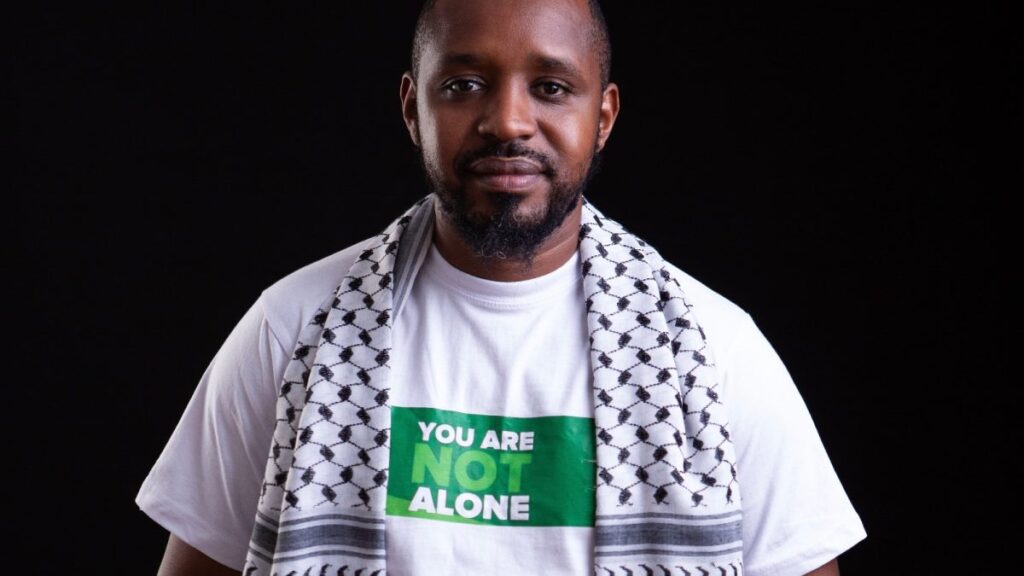Kenya Human Rights Commission (KHRC) has condemned the arrest of activist and photojournalist Boniface Mwangi, calling it an escalation of state intolerance toward dissent. In a statement released on July 20, 2025, the rights organisation insisted, “We know who is not a terrorist Boniface Mwangi and all Kenyans who have been demanding good governance,” and accused authorities of weaponising security laws against critics. KHRC further charged that the state is the “real terrorist” when it persecutes or kills citizens for exercising constitutionally protected protest rights.
Mwangi was taken into custody on Saturday, July 19, 2025, by officers from the Directorate of Criminal Investigations (DCI). According to the agency, the arrest stems from investigations into alleged facilitation of terrorist activities linked to nationwide anti‑government demonstrations held on June 25, 2025. Detectives first detained him at his Lukenya, Machakos County residence, where they reportedly seized two mobile phones, a laptop, and several notebooks.
The operation then shifted to Mwangi’s Mageuzi Hub offices on Rose Avenue in Nairobi’s Hurlingham district. Items recovered there, per the DCI, included nine assorted external hard drives, two additional laptops, company seals for Brave Media Ltd and Courage Ltd, a company stamp, six chequebooks, copies of stamp duty documents, two unused tear gas canisters, and a single 7.62 mm blank round.
Mwangi is being held at Pangani Police Station pending arraignment expected on Monday, July 21, 2025. Prosecutors are anticipated to pursue counts related to facilitating terrorist acts and unlawful possession of ammunition, though formal charges will be confirmed in court.
KHRC has framed the case as politically driven, warning that the breadth of materials seized could be mischaracterised to construct charges designed to mute one of the government’s most persistent critics. Civil society groups have rallied online under the hashtag #FreeBonifaceMwangi, demanding his immediate release and transparency in the investigation.
The arrest has reignited a national debate about civil liberties, police powers, and the boundaries of protest in Kenya. Rights advocates argue that heavy‑handed responses to dissent risk deepening public mistrust at a time of heightened social and economic strain. All eyes now turn to the upcoming court appearance, which could set a broader precedent for how the state treats outspoken activism. Supporters plan to gather outside the courthouse, and legal observers say any bail ruling will be closely watched for key signals about proportionality, due process, and the space accorded to civic action going forward.

